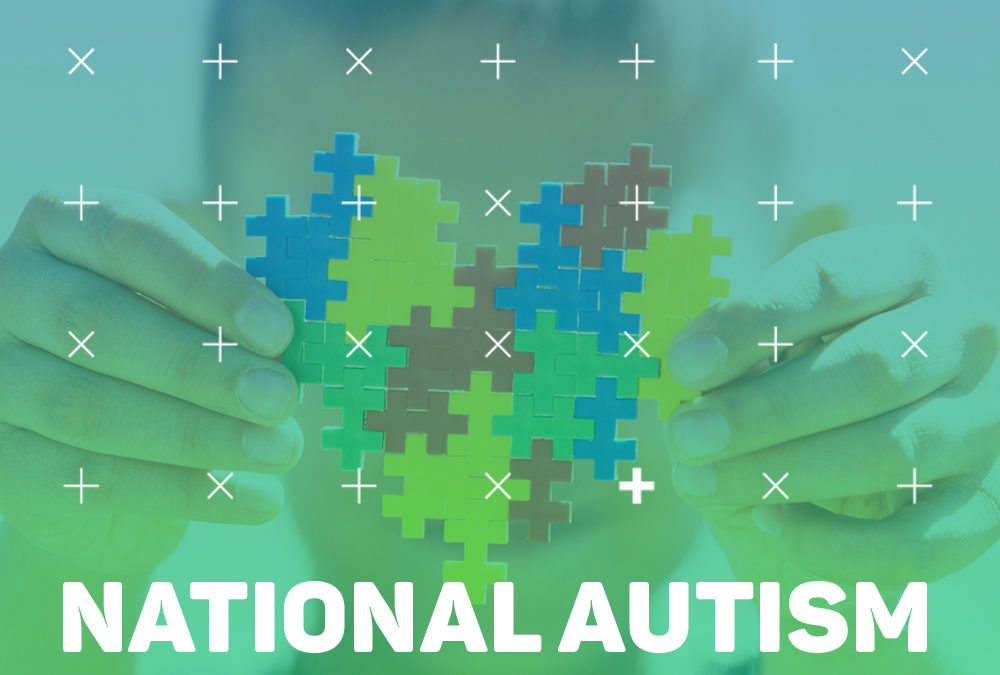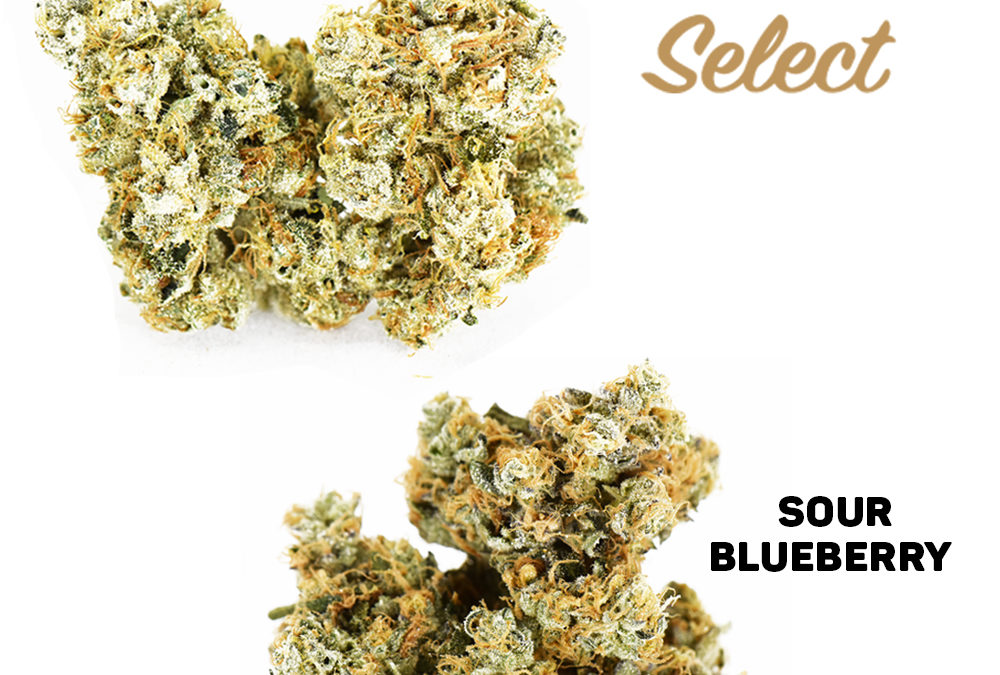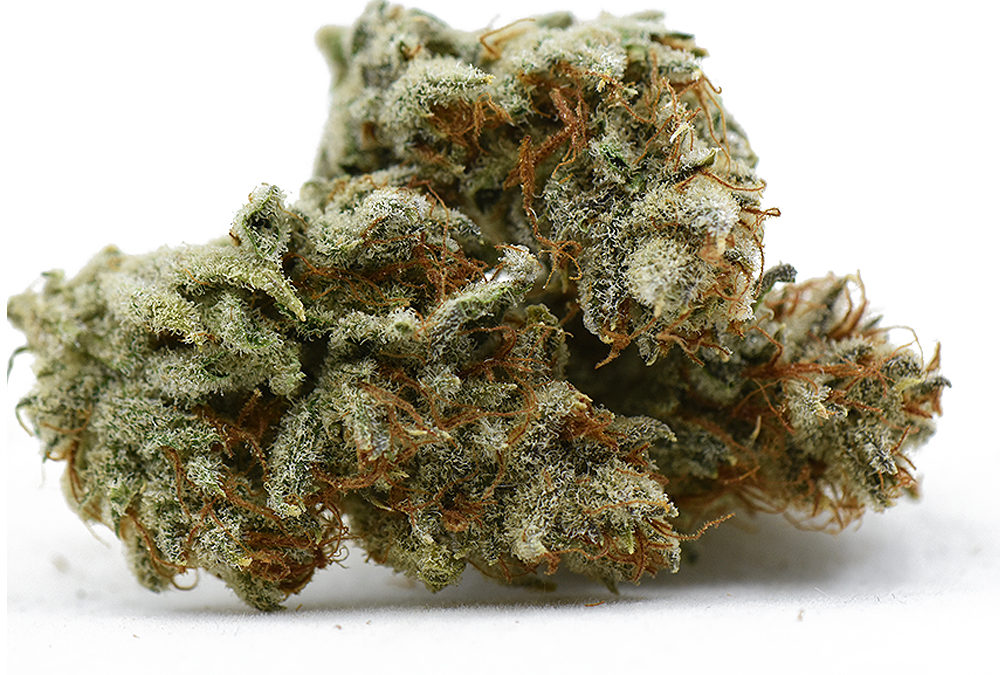At Prime Wellness of Pennsylvania, our growers combine expert science and a passion for crafting high-quality therapeutics to address the spectrum of unique needs of Pennsylvania patients.
April is nationally recognized as Autism Awareness Month. This year, the Autism Society of America is inviting people across the country to help build a more inclusive world where all those living with autism spectrum disorder (ASD) can feel more visible and connected to their community. The latest installment of our Qualifying Conditions Series provides a new tool in improving the daily experiences of Commonwealth patients living with autism.
QUALIFYING CONDITION: Autism Spectrum Disorder (ASD)
“Autism spectrum disorder (ASD) is a developmental disability that can cause significant social, communication and behavioral challenges.”
About this qualifying condition: ASD is a neurodevelopmental diagnosis that may be applied to a number of conditions, including Asperger Syndrome (AS). Each condition labeled under ASD is characterized by challenges in a patient’s behavioral or social functioning. It is estimated that 1 in 54 American children live with ASD.
While traits of ASD differ from patient to patient, its common indicators may include: difficulty with maintaining eye contact or interpreting social cues, mood dysregulation, nonverbal communication, repetitive behaviors or speech, and/or heightened sensory sensitivity.
Diagnosis generally occurs during childhood and adolescence by monitoring a patient’s behaviors rather than administering a physical test. Many researchers believe risk factors for ASD may be genetically inherited. ASD is a life-long diagnosis that cannot be cured, but resources such as behavioral therapy and medication may greatly improve patients’ daily experiences and independence.
History: “Autism” was first coined as a medical term in 1911, when psychiatrist Eugene Blueler inaccurately used this label to describe a form of schizophrenia. ASD was later documented as a social disorder in 1943 by Dr. Leo Kanner, who observed and described pediatric patients with autism as having the “innate incapability” to socially connect with others. These crude and false definitions have unjustly contributed to the stigmatization and mistreatment of both ASD patients and their families throughout history.
Fortunately, today’s medical professionals are diagnosing and treating ASD patients through a far more accurate and humane lens. In 2013, the American Psychiatric Association redefined ASD as a complex continuum of developmental challenges. Since then, new treatment resources such as sensory therapy and social groups for ASD patients have emerged. Pharmacological treatments are also advancing – including the development of medical marijuana therapeutics that may potentially aid patients in regulating mood, sleep, and seizures.
Medical Literature: Studies on medical marijuana and ASD are still ongoing, including various GW Pharmaceuticals studies into the efficacy of the cannabinoid CBDV on adolescents living with ASD and the cognitive behavioral effect of CBD medications in pediatric cases.
Trials conducted on rodents with Fragile X Syndrome, a condition tied to ASD in humans, suggests that CBD in medical marijuana may potentially modulate CB1 receptors in the brain to reduce seizures and promote sociability. Another real-life experiment observed 188 ASD patients who consumed CBD-rich marijuana oil, where 88% of subjects reported moderate to significant improvement in their quality of life.
Terpenes: Clinical trials studying the relationship between terpenes and ASD treatment have been limited, due to the legal standing of medical marijuana on a federal level and the relative newness of terpene awareness in the mainstream. Studies unrelated to autism, however, suggest that medical marijuana terpenes may potentially aid patients across multiple diagnoses in managing sleep, mood, and social anxiety.
Bisabolol is a terpene found in chamomile, as well as our prime Urban Legend #24 flower, which may potentially act as a calming agent. Urban Legend #24 also contains myrcene, a well-known terpene that may potentially provide sedative and muscle relaxing effects. Consult your dispensary pharmacist to determine which terpenes might benefit your unique medical needs.
For the latest on our products and strains, follow us on Instagram @prime_wellness.


